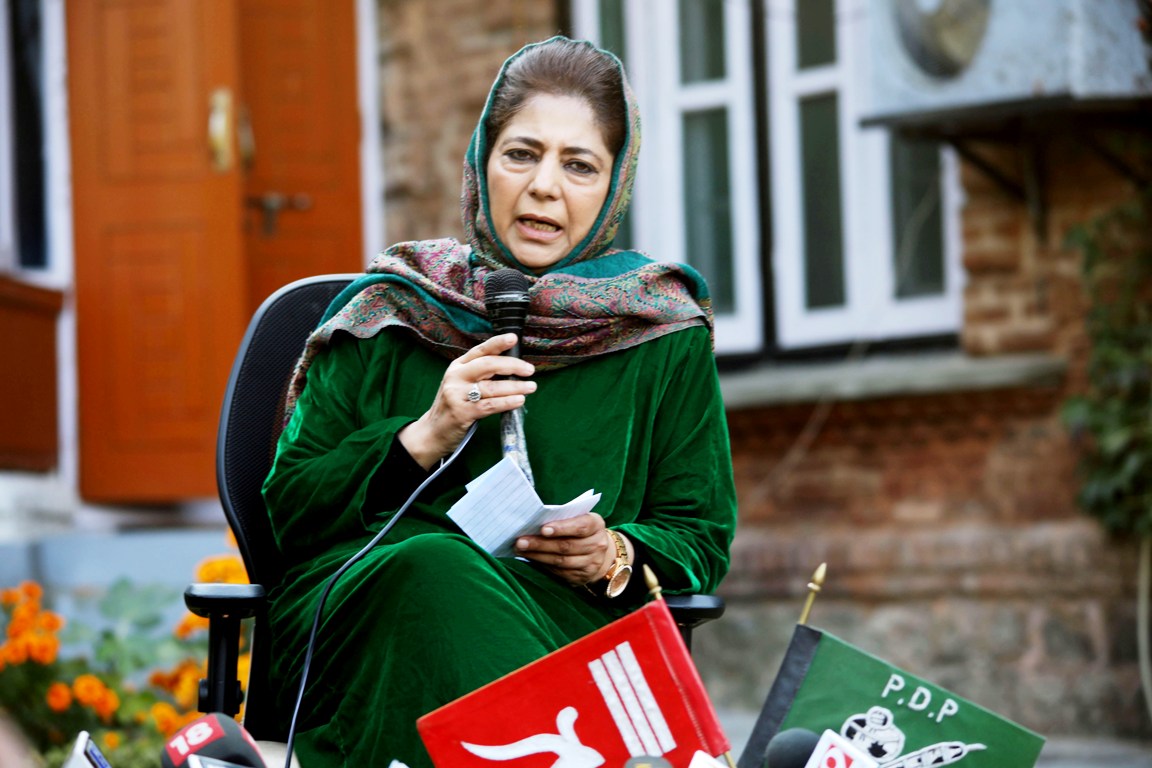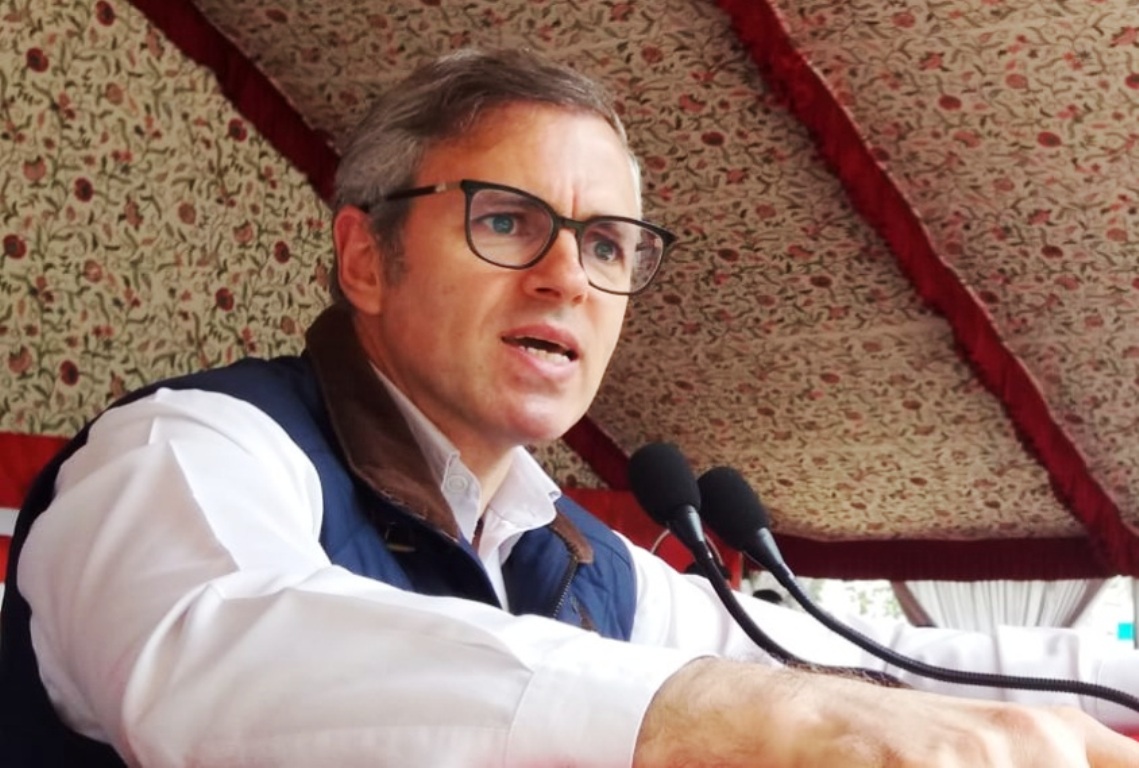Ahmed Riyaz
The talks between India, Pakistan look set to resume again after a pretty long and bitter hiatus. The relations between the two countries have plunged to a new low and the mutual suspicions have only grown deeper. And it is with this baggage intact that they are approaching the fresh attempt at engagement which is likely to get underway after the meeting between the foreign secretaries of the two countries Salman Bashir and Nirupama Rao in Thimpu. The meeting between them early last year in New Delhi had ended in acrimonious exchanges, so did subsequently the talks between the foreign ministers S M Krishna and Shah Mahmood Qureshi in Islamabad.
Thimpu is special as it was here that the Prime Minister Manmohan Singh and his Pakistani counterpart Yusuf Raza Gilani had set the ball rolling for the talks last year. Now the Foreign Secretaries meeting again in the Bhutanese capital are, in a sense, bringing to full circle this process – albeit in its failed state. But will this be a new beginning? It, by no means, appears to be so. We continue to be in a familiar stalemate. The dialogue after stumbling along through the first half of the last year finally fell through, succumbing to the deepening trust deficit between the two countries. The main bone of contention became New Delhi’s insistence on the action against the perpetrators of the Mumbai attack and Islamabad’s desire to return to a composite talks process.
And as far as Kashmir is concerned, the two countries have positioned themselves rigidly on the opposite sides of the divide, ratcheting up their old rhetoric on the state. Pakistan has returned to its historical stand on the dispute. UN resolutions are firmly back in vogue. And that too around the time, the two countries are looking to sit for another round of dialogue. Qureshi will be travelling to New Delhi shortly after Thimpu meeting, to hold parleys with his counterpart Krishna. But the serious difference of opinion persisting on a range of issues makes the fate of the talks look predictable.
Now the challenge for the two countries is to not only carry the talks process forward and protect it from the usual treacherous turns in their relationship but also to take steps to bridge their differences on the talks agenda itself. But does the new low-key start carry in it the necessary elements and the facilitating environment that can develop into a grand all-encompassing reconciliation. So far, the exercise seems a sequel to the old predictable pattern that unfolds without a defined meaningful purpose and ends without a reason.
But looking at the larger picture, the present stab at dialogue is not an entirely lost case, after all. There is at least one powerful factor that generates hope for its success. And that is its revival at a time when the governments in New Delhi and Islamabad have adequate time at their disposal to take the process forward. With around three years of their terms left, there is ample scope to discuss the issues, reconcile the difference and formulate an agreement. More so, when there is already a huge body of diplomatic work to draw on from. The big moot point, however, is if the dialogue itself will hold through the period.















